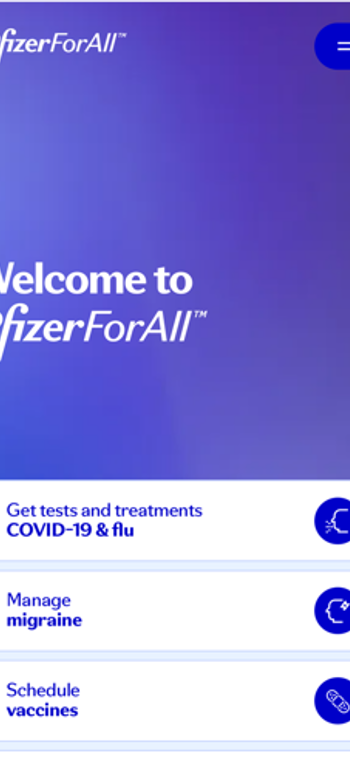
Drug benefit clause not easy to repeal
Washington, D.C.-Although campaigning Democrats promised to repeal the "non-interference" clause in the Medicare drug benefit, making such a change may not be all that easy. Democrats could push through a straight repeal of the current provision that prevents the federal government from directly negotiating drug prices with pharmaceutical companies. Such a move, however, would not necessarily alter the program under a Republican administration that believes private drug plans can negotiate prices better than bureaucrats.
WASHINGTON, D.C.-Although campaigning Democrats promised to repeal the "non-interference" clause in the Medicare drug benefit, making such a change may not be all that easy. Democrats could push through a straight repeal of the current provision that prevents the federal government from directly negotiating drug prices with pharmaceutical companies. Such a move, however, would not necessarily alter the program under a Republican administration that believes private drug plans can negotiate prices better than bureaucrats.
An alternative is to establish a separate government-run "fallback" Part D plan that would compete with private insurers. Again, it's not clear that such a public plan would be cheaper than the private prescription drug plans (PDPs). For one thing, a government-run benefit plan would be under heavy pressure to maintain a very broad formulary, which would undermine its ability to negotiate big discounts from manufacturers.
Reformers like to point to the low drug prices enjoyed by the Veterans Administration but usually fail to note that the VA has a smaller formulary than most Medicare drug plans and serves a relatively small patient population.
The third option is for the Centers for Medicare and Medicaid Services (CMS) to establish a price ceiling on drugs. Such an intervention, however, is unlikely to gain much support even from a Democrat-controlled Congress.
MAJOR CHANGES IN STORE
If the legislators do succeed in erasing the non-interference clause, though, it could lead to major changes in the Part D program if Democrats move into the White House in two years. That could open the door for CMS to actively negotiate drug prices for all plans.
Such a move basically would undermine the whole reason for private plans, and eventually would erode the current Part D program. The result would be a CMS-administered benefit that may not realize the savings achieved by PDPs so far.
CMS is happily broadcasting the fact that Medicare Part D cost only $30 billion in 2006-30% less than an earlier estimate.
The savings result from lower enrollment as well as lower-than-expected prescription drug prices and premiums achieved by competitive plans.
Newsletter
Get the latest industry news, event updates, and more from Managed healthcare Executive.























